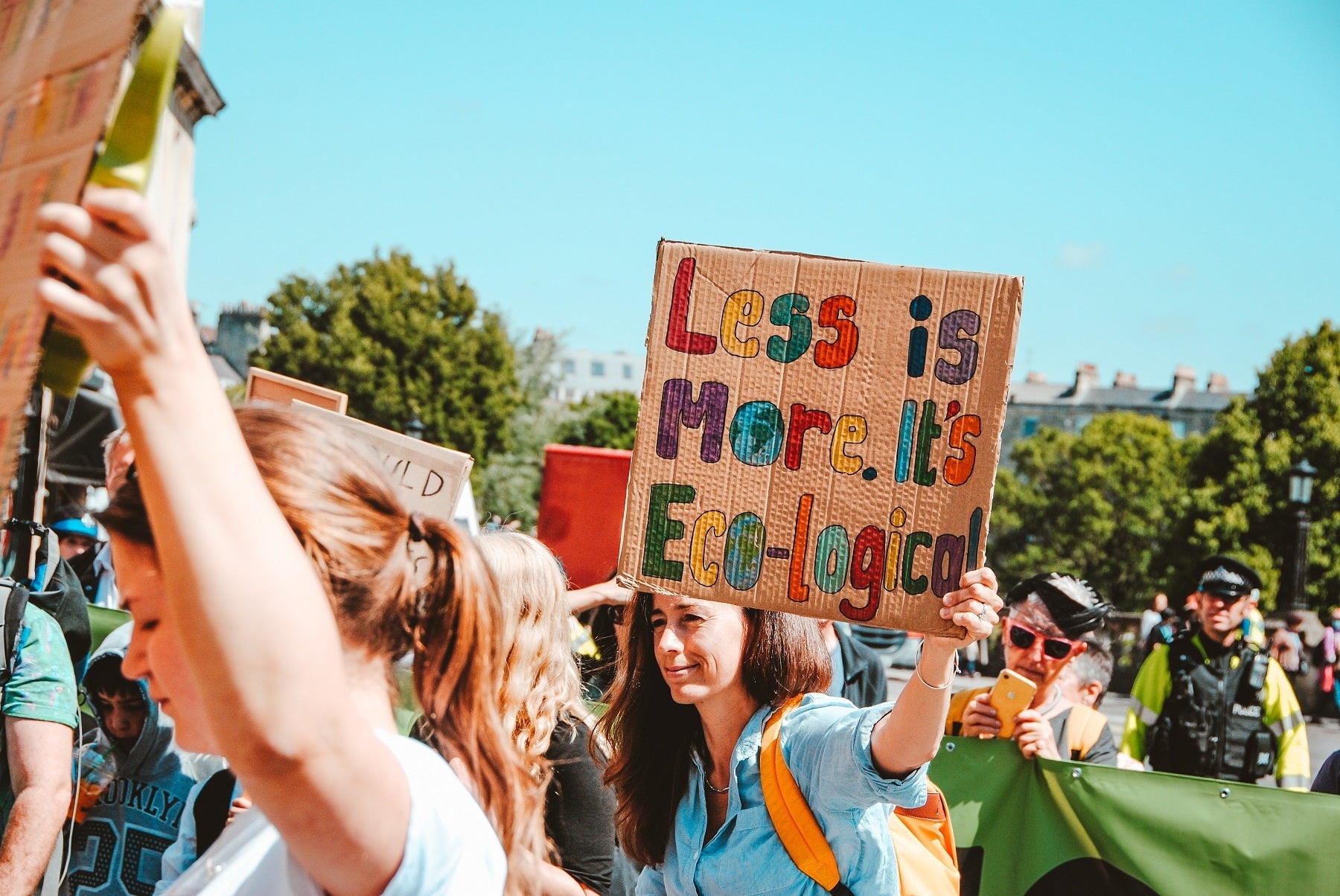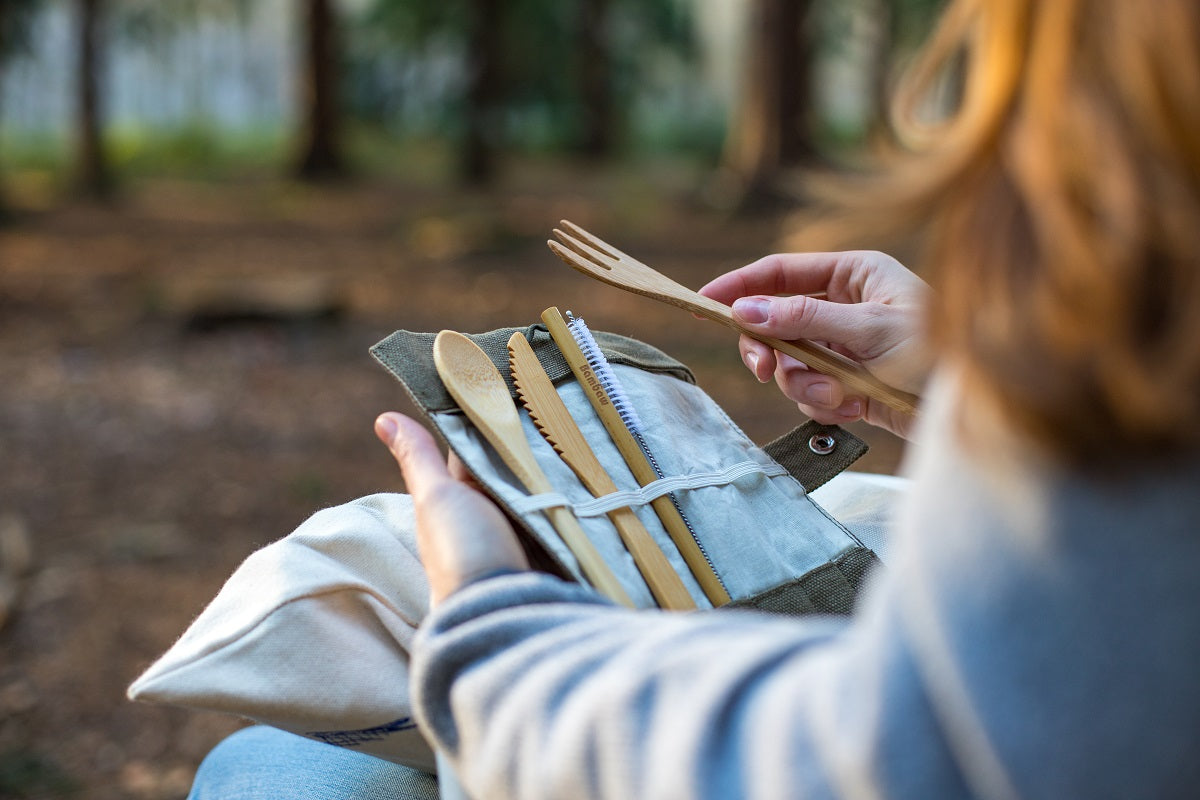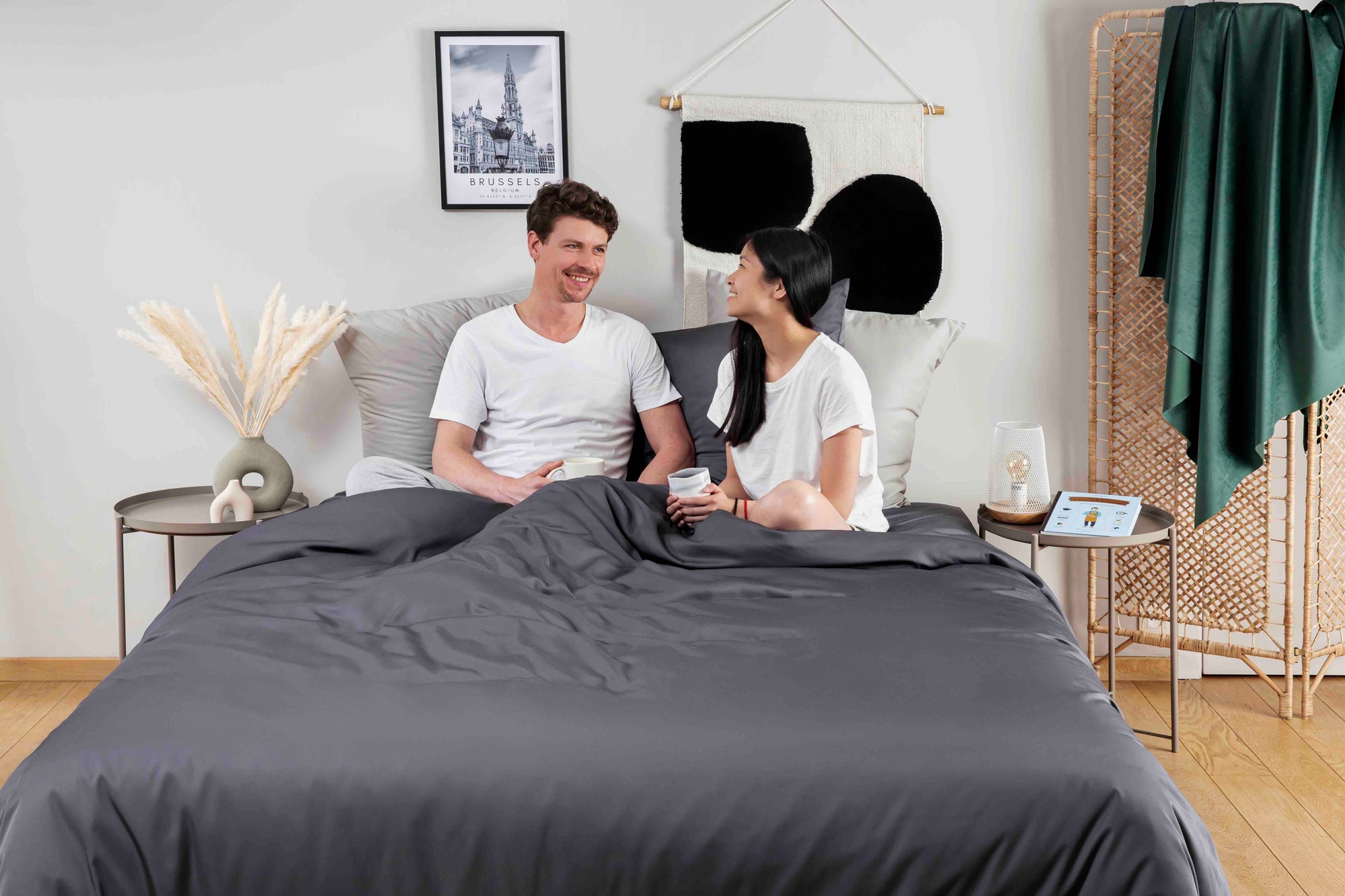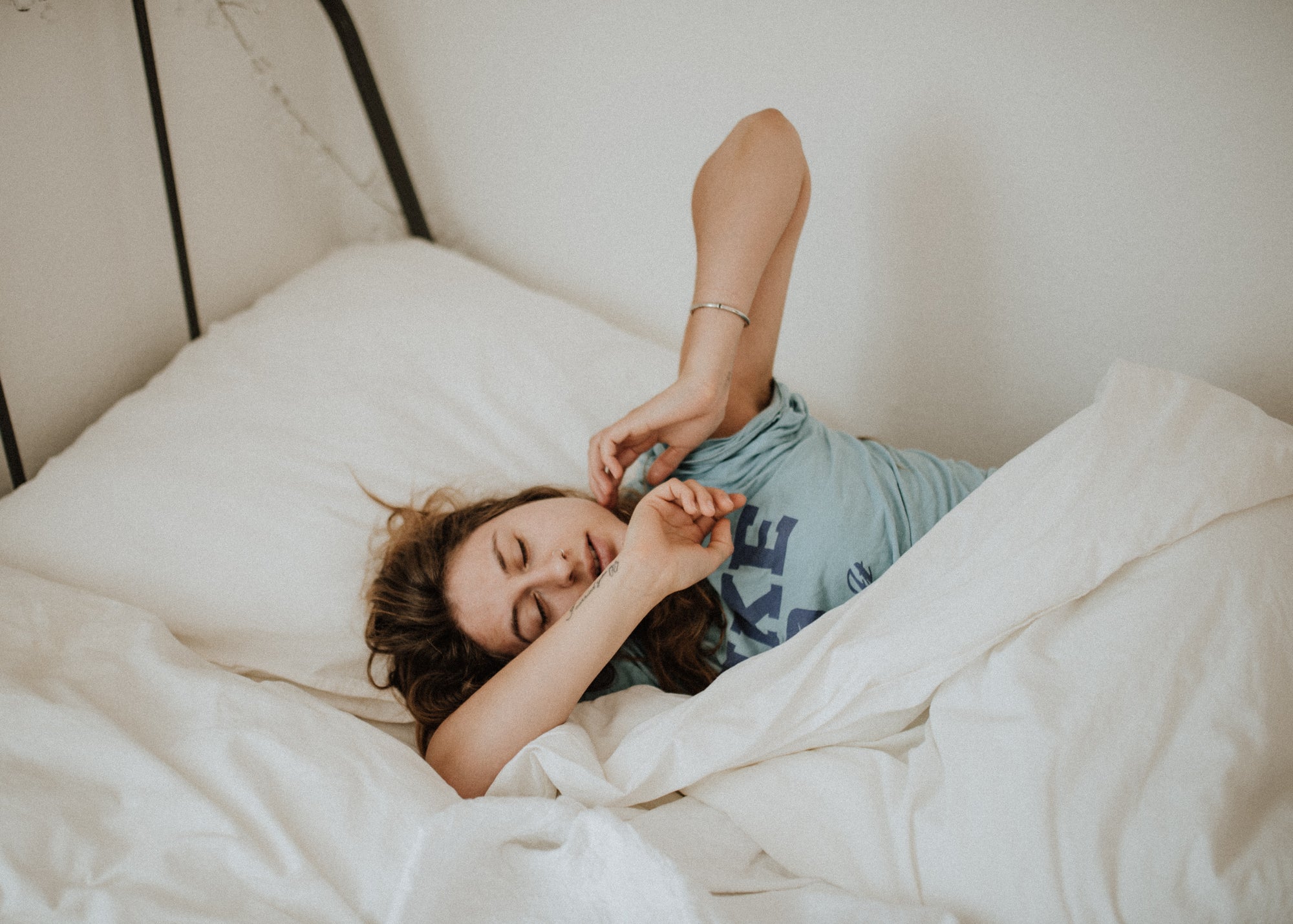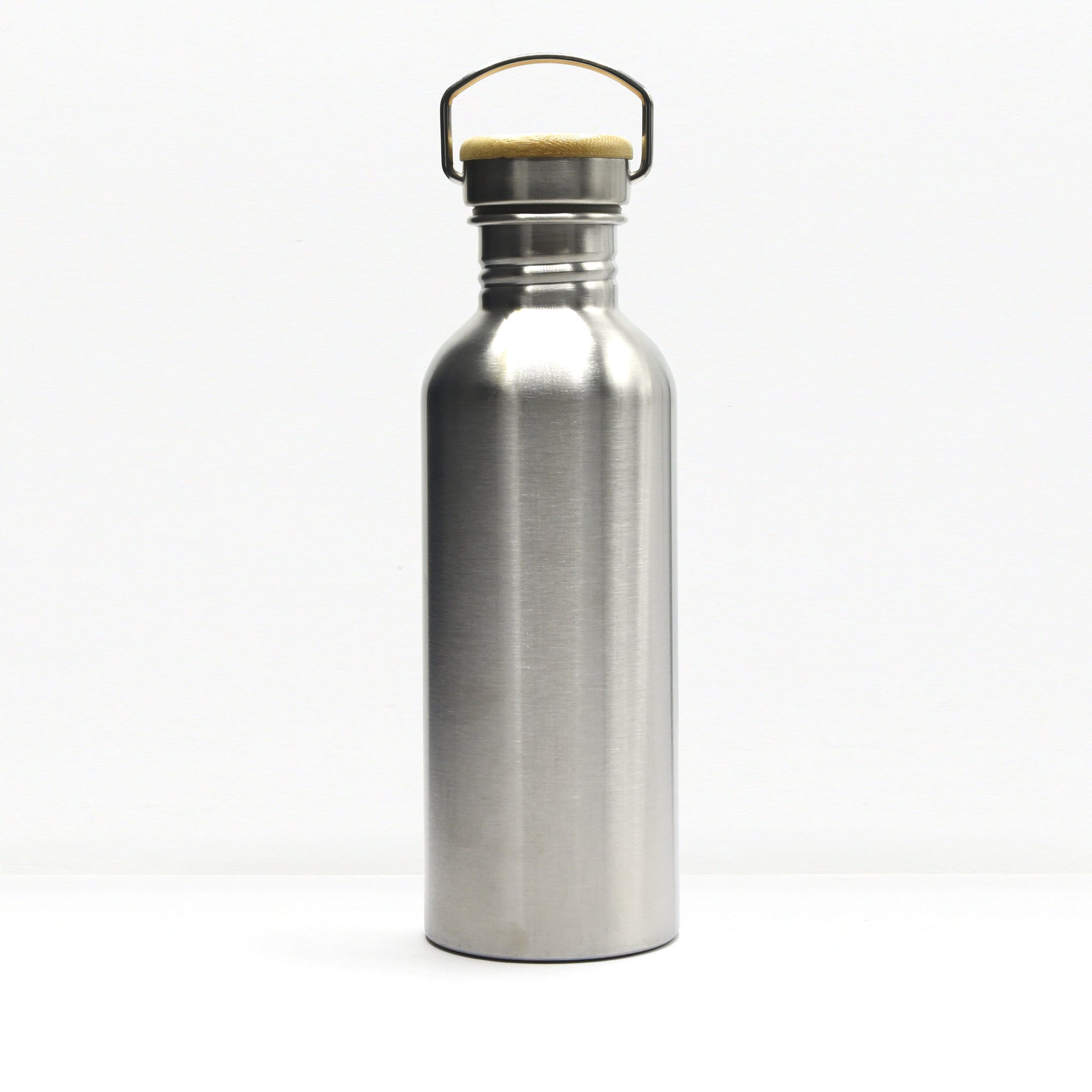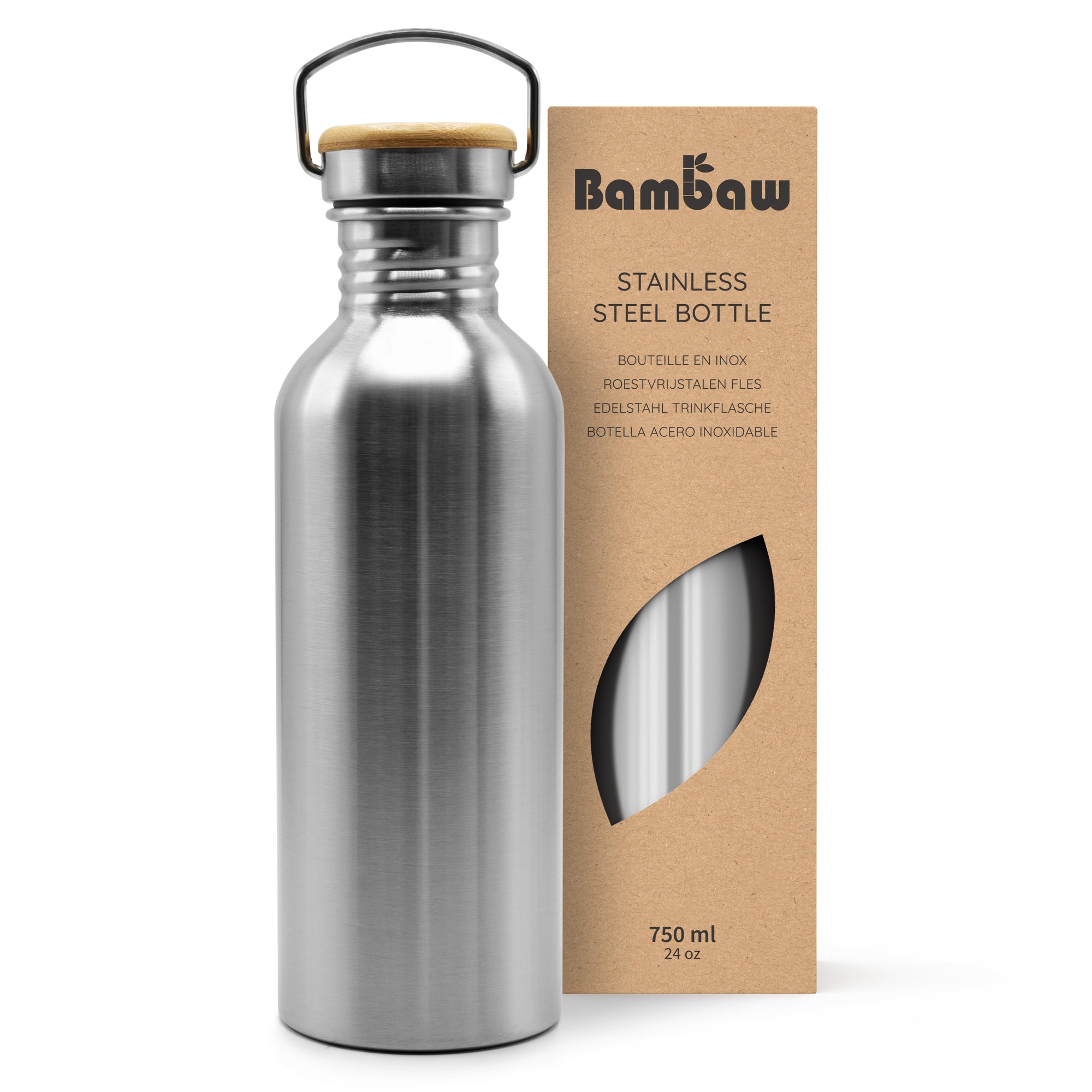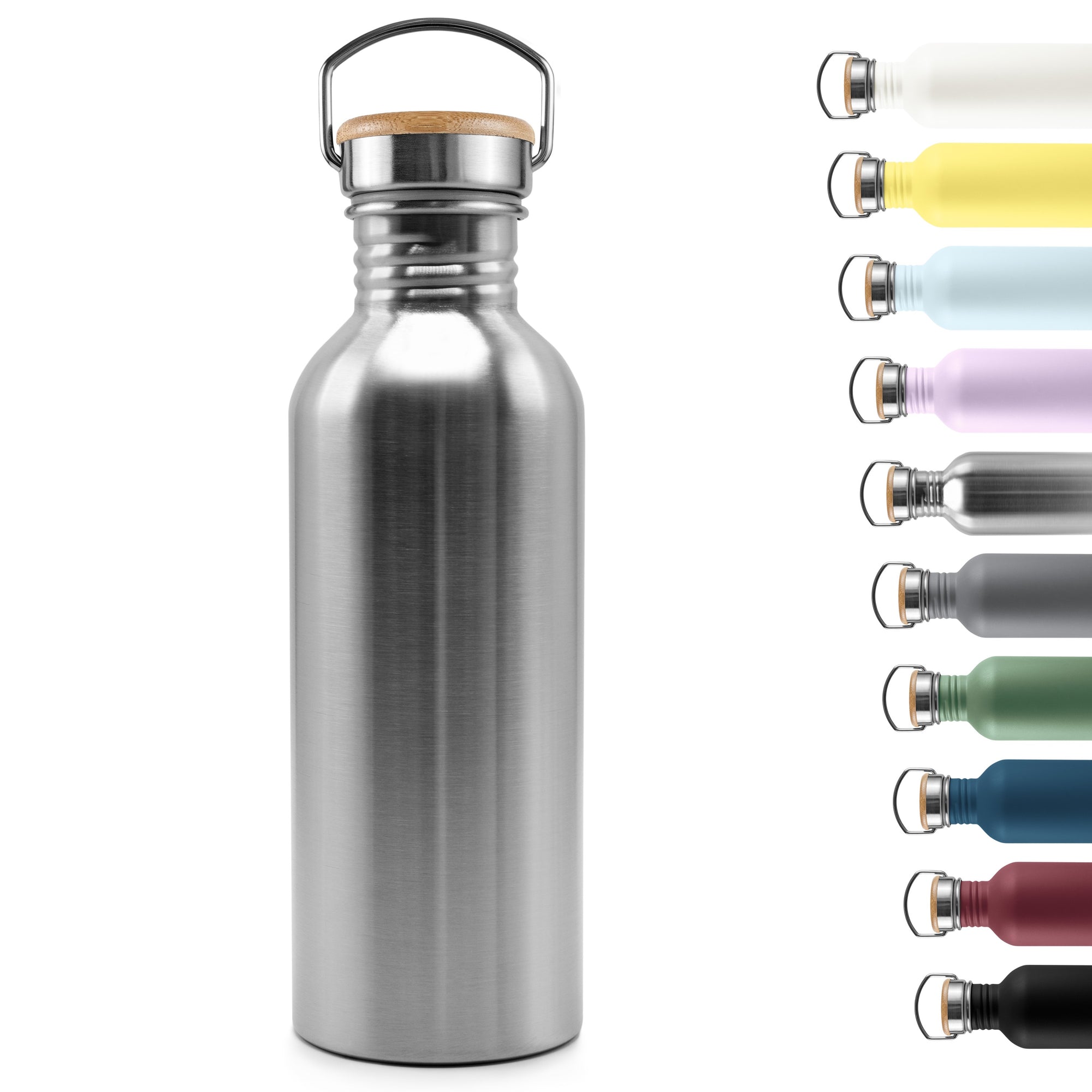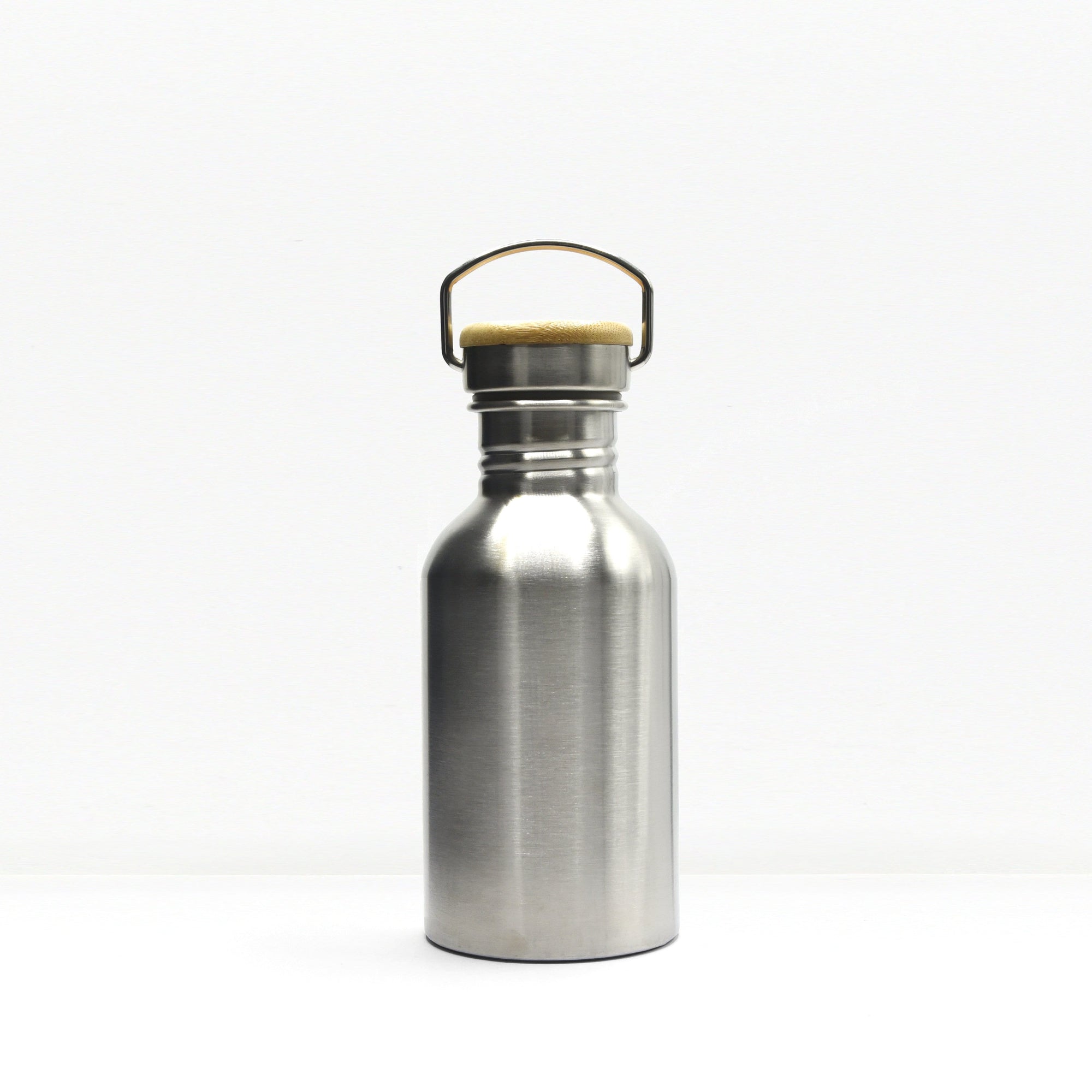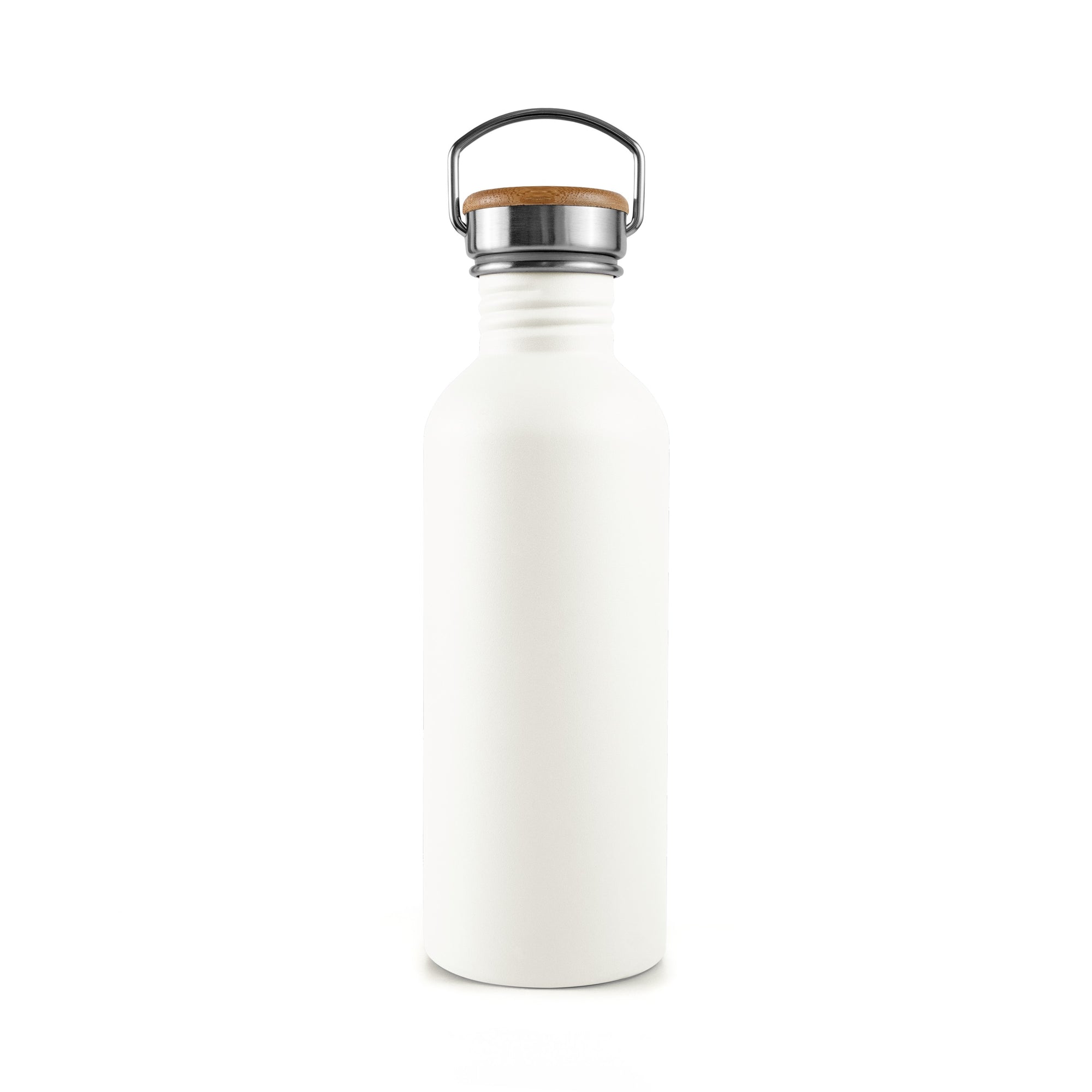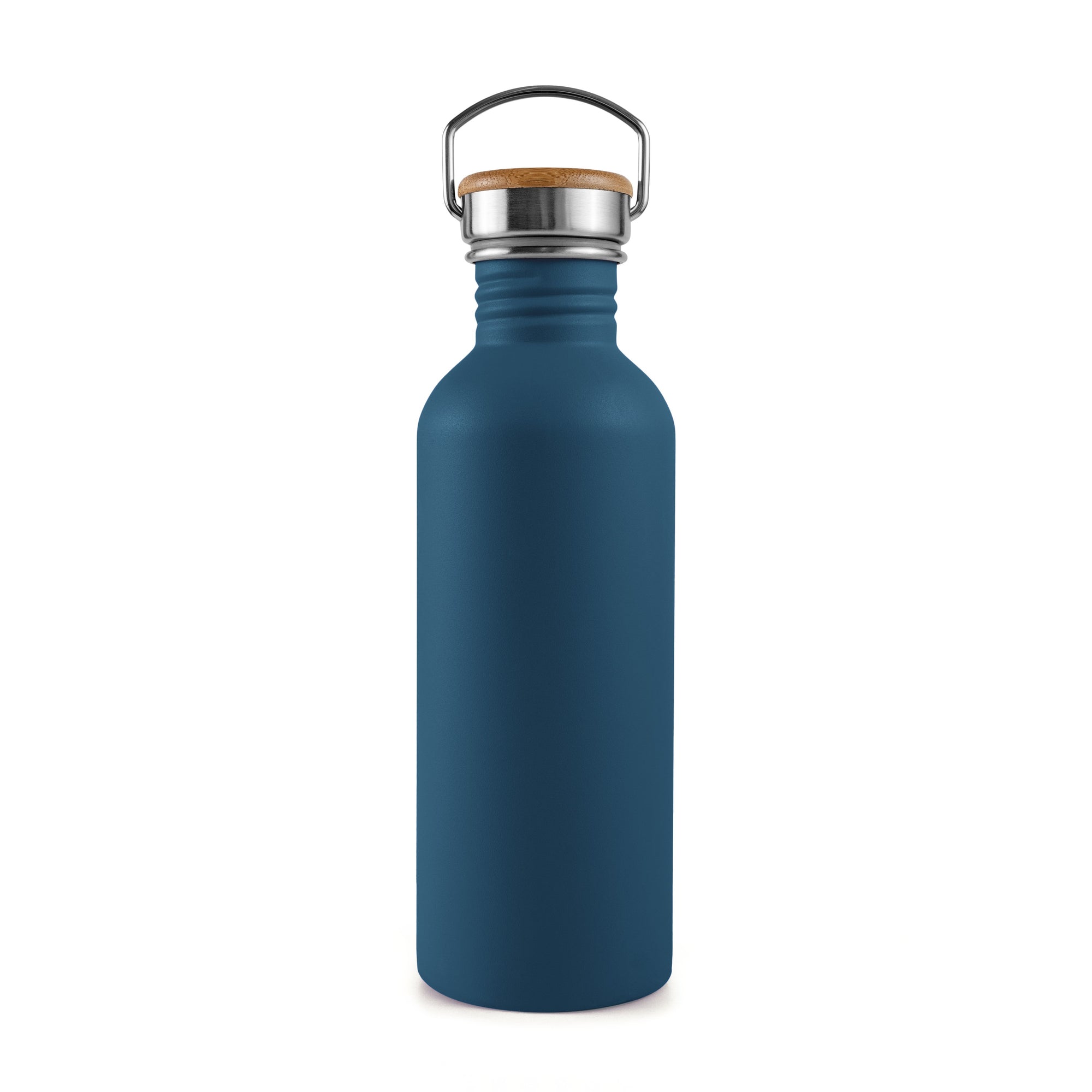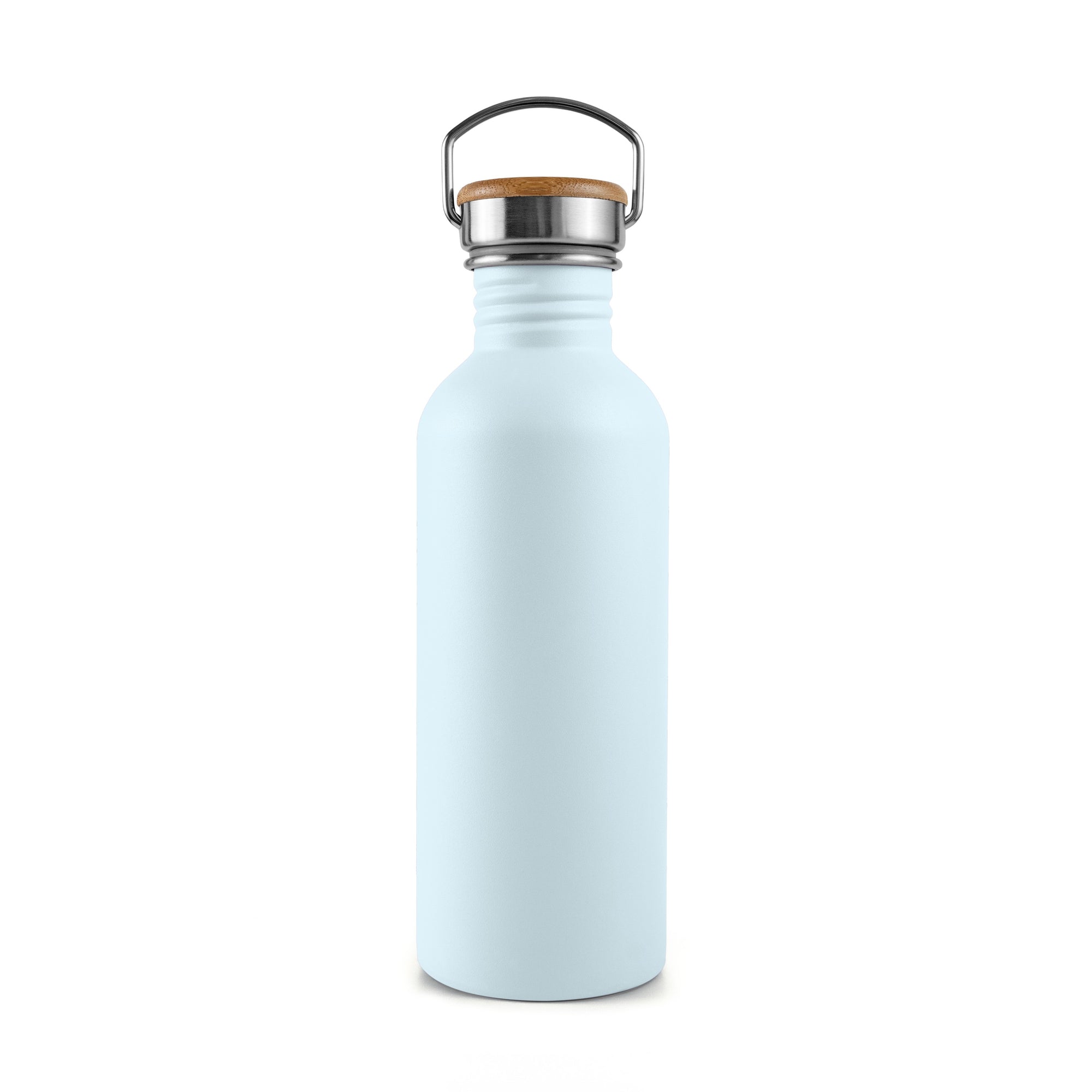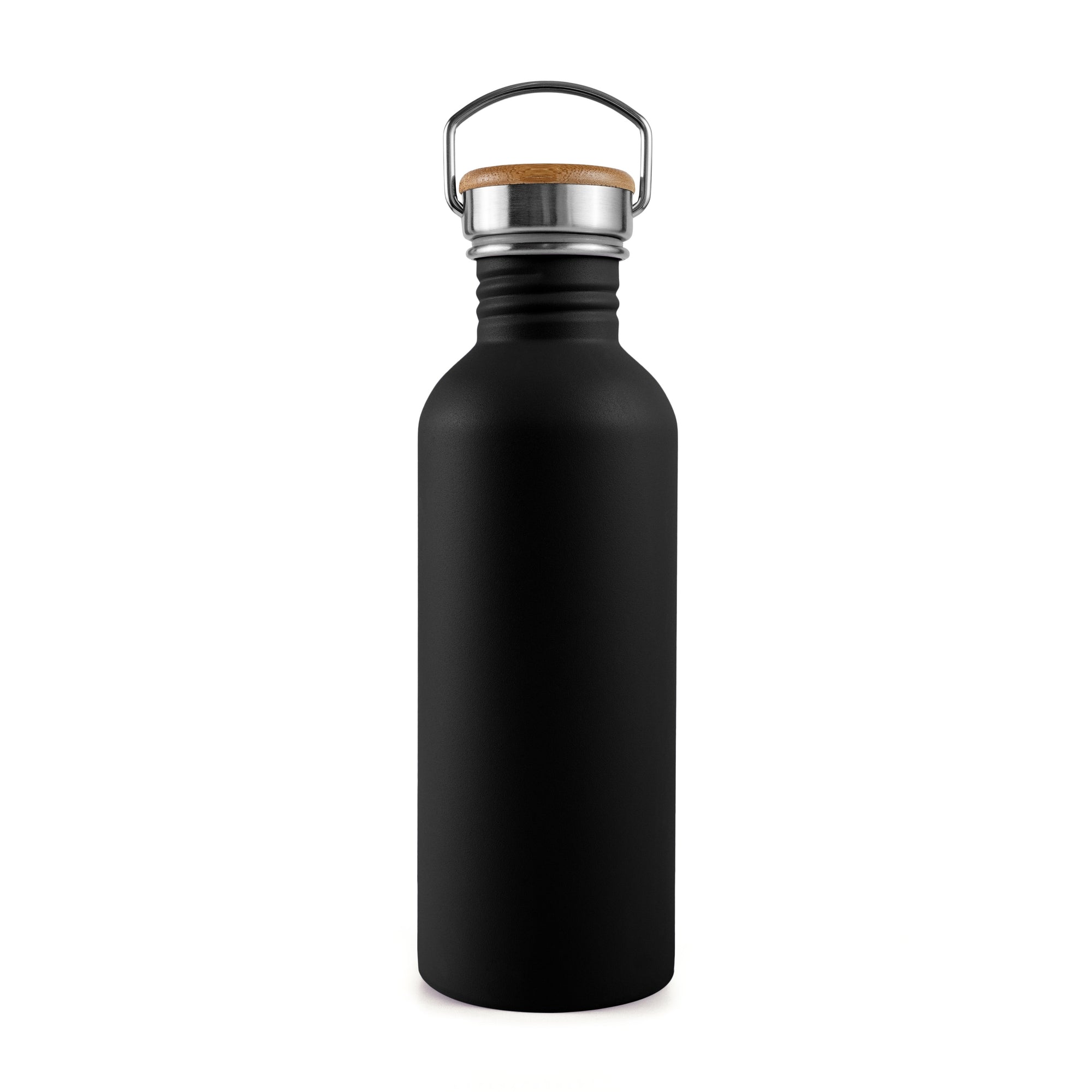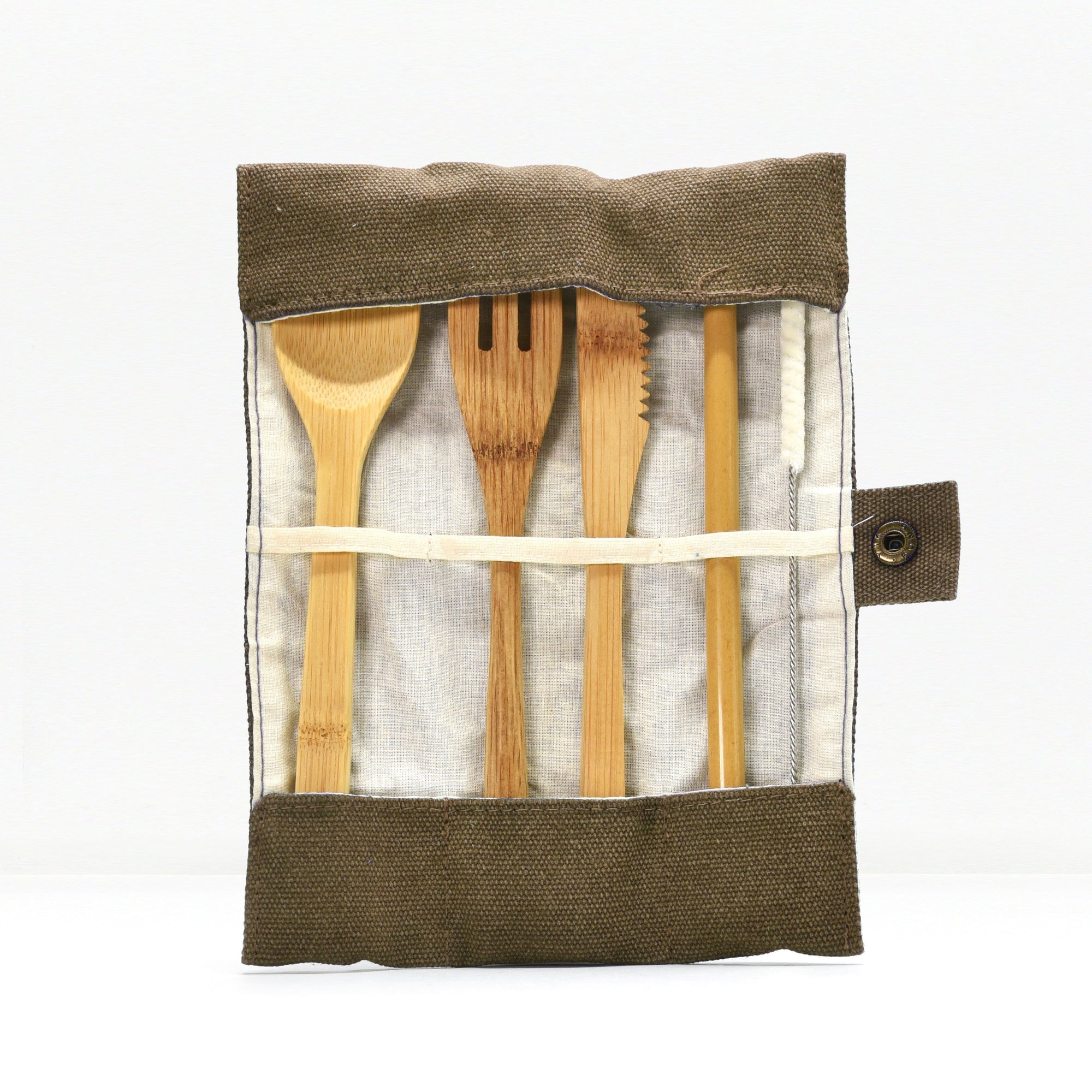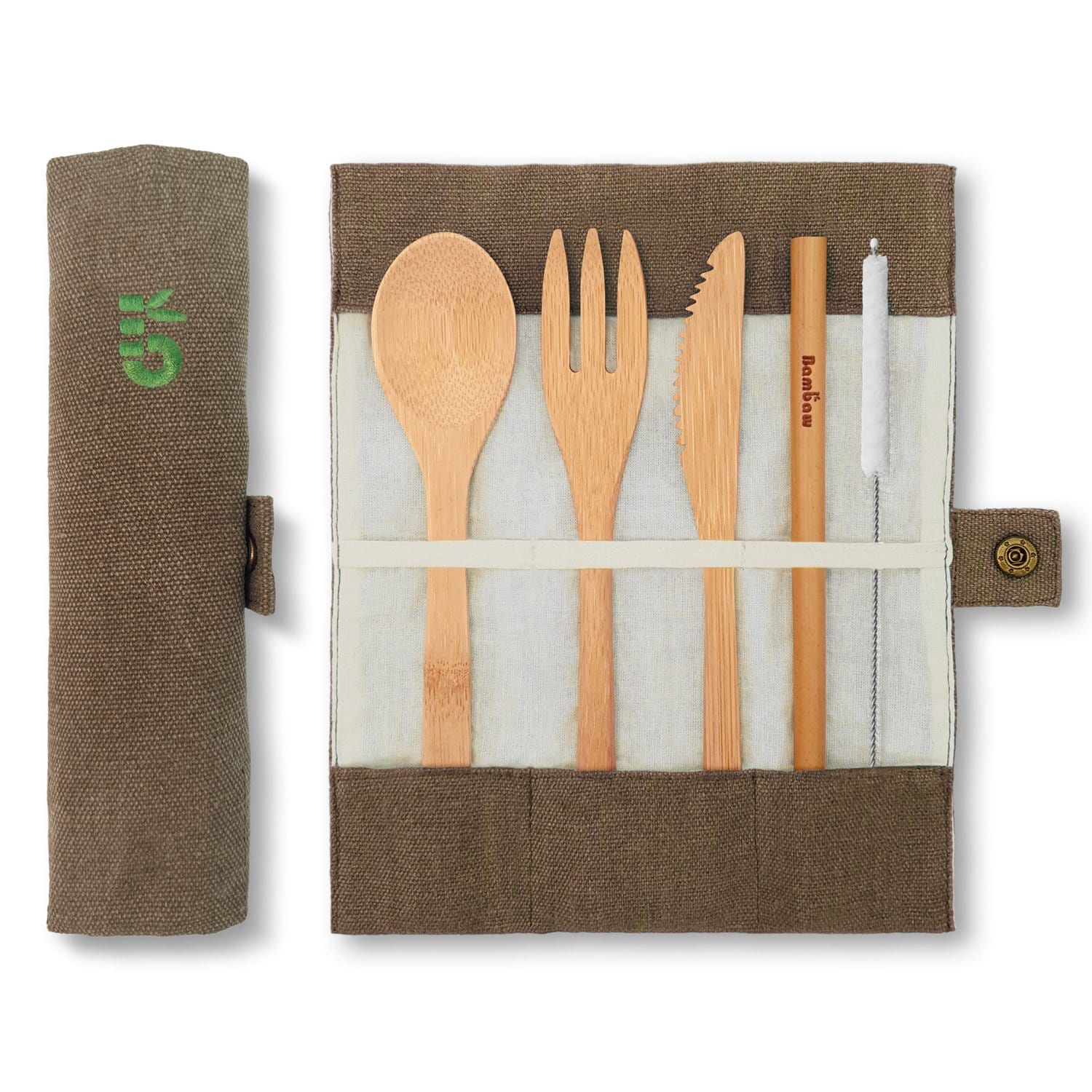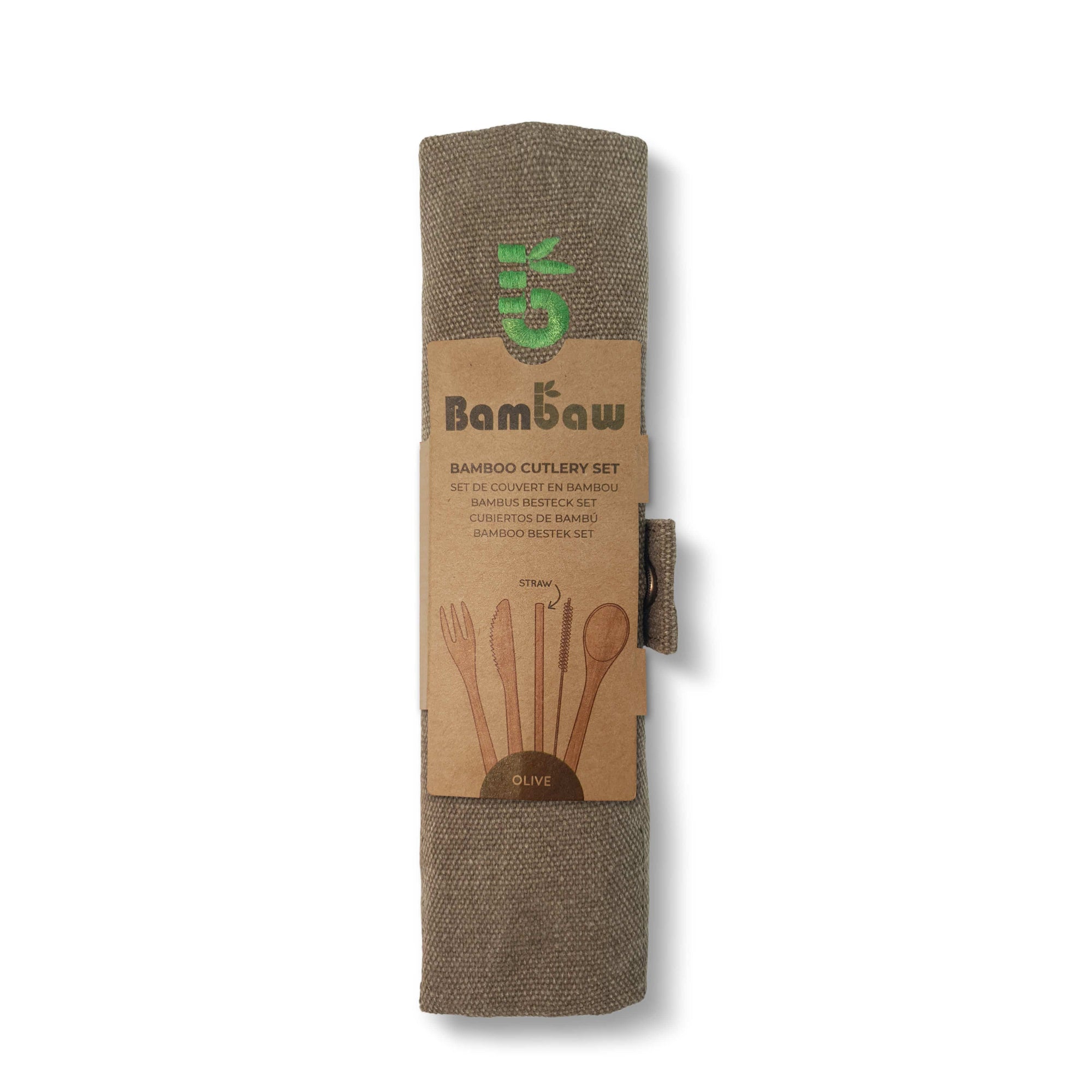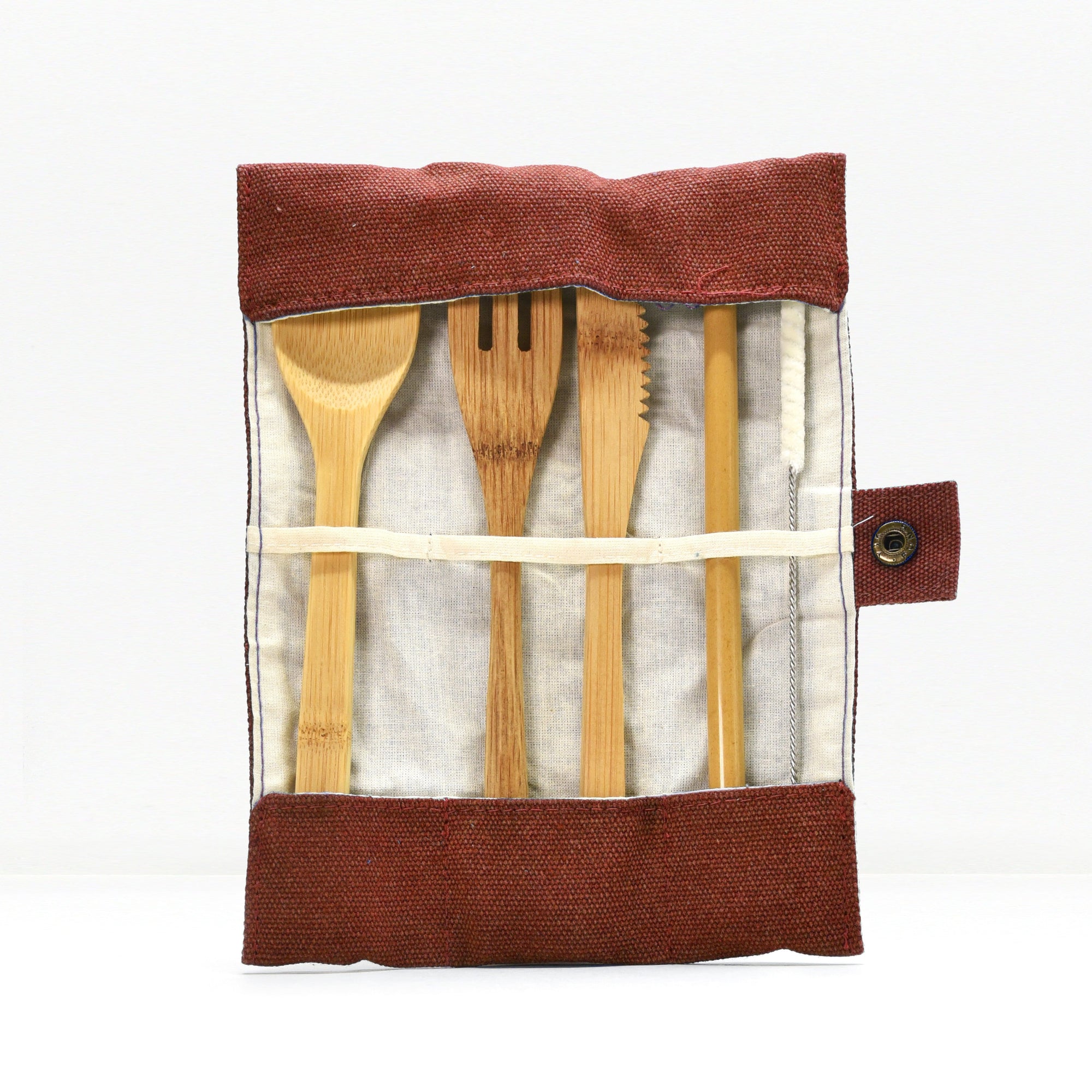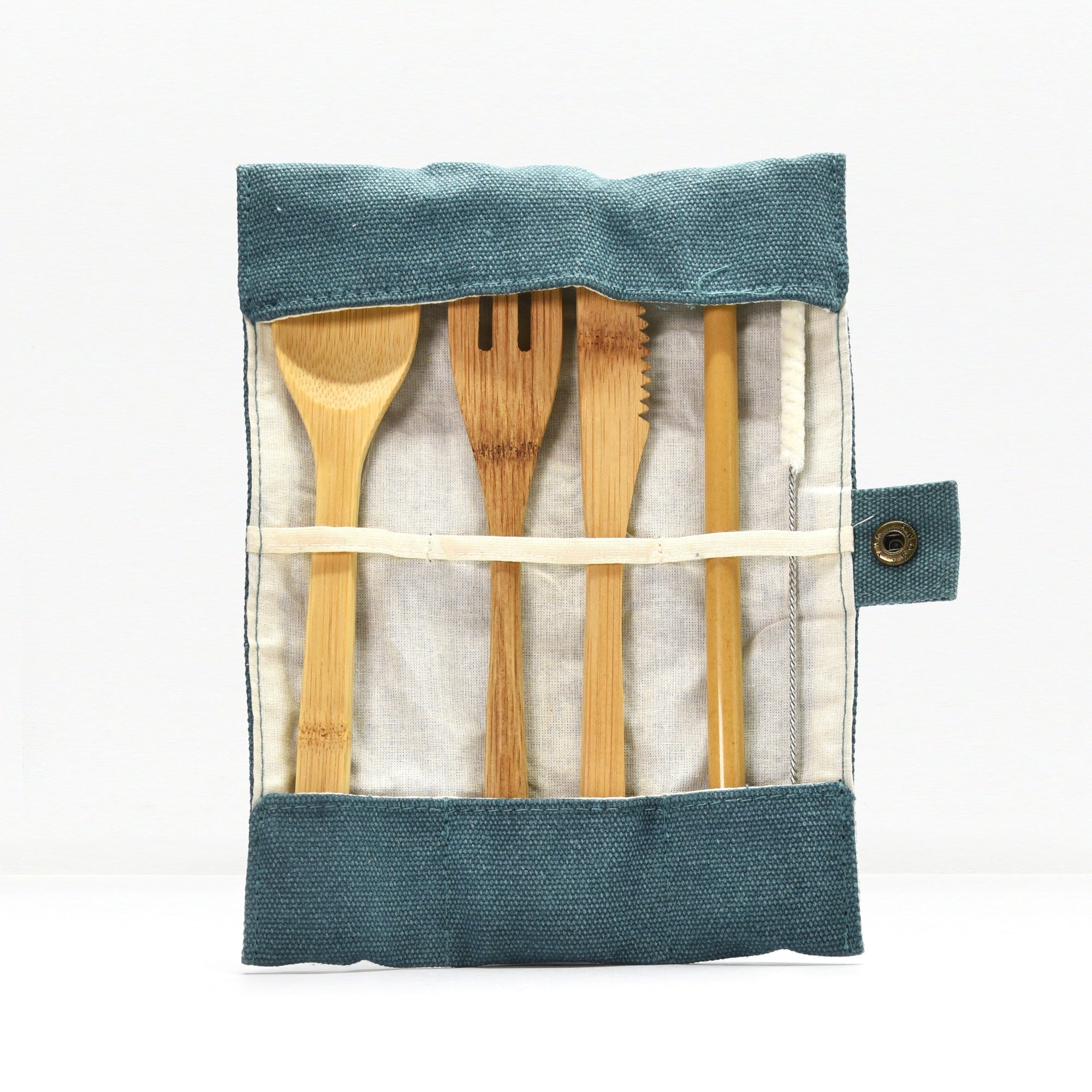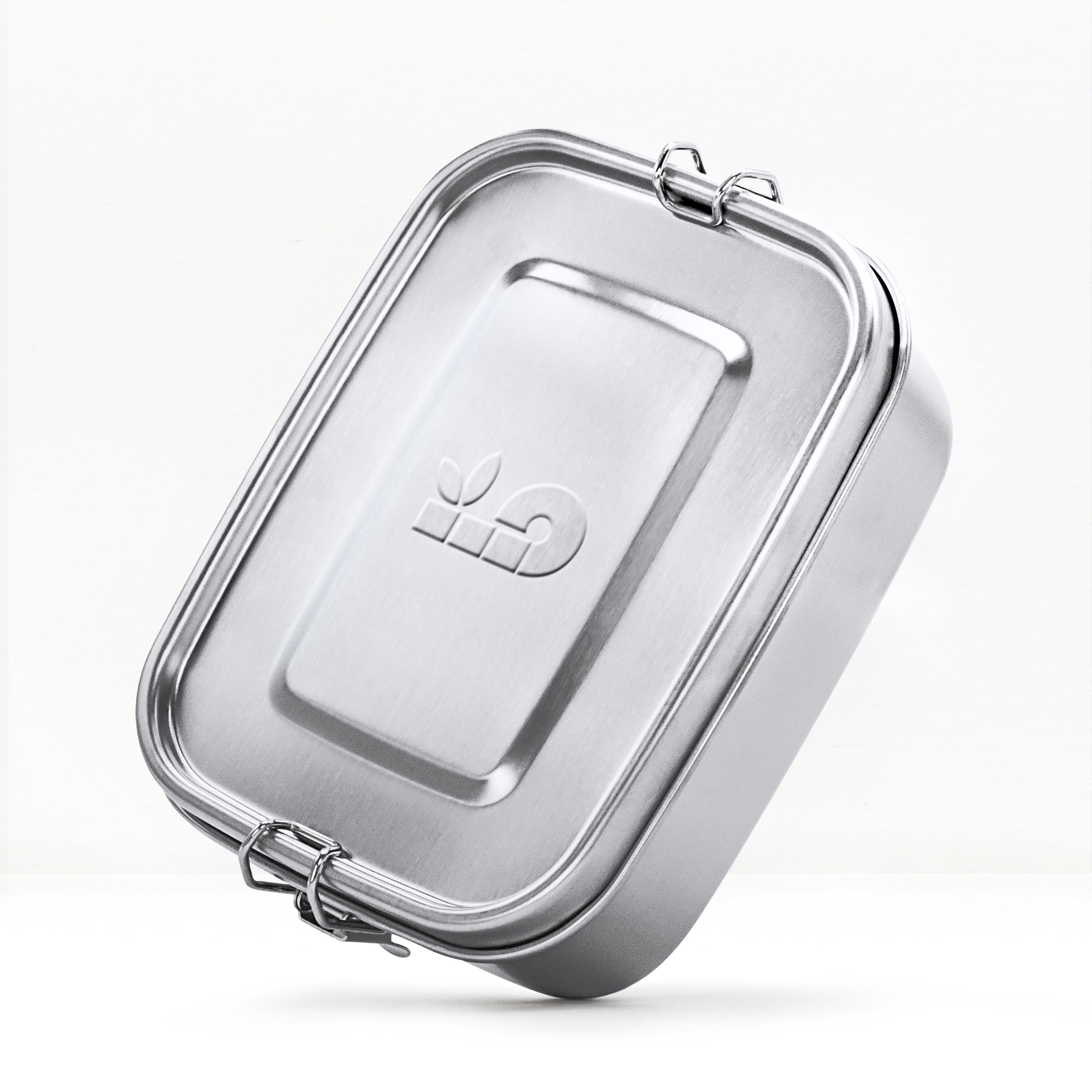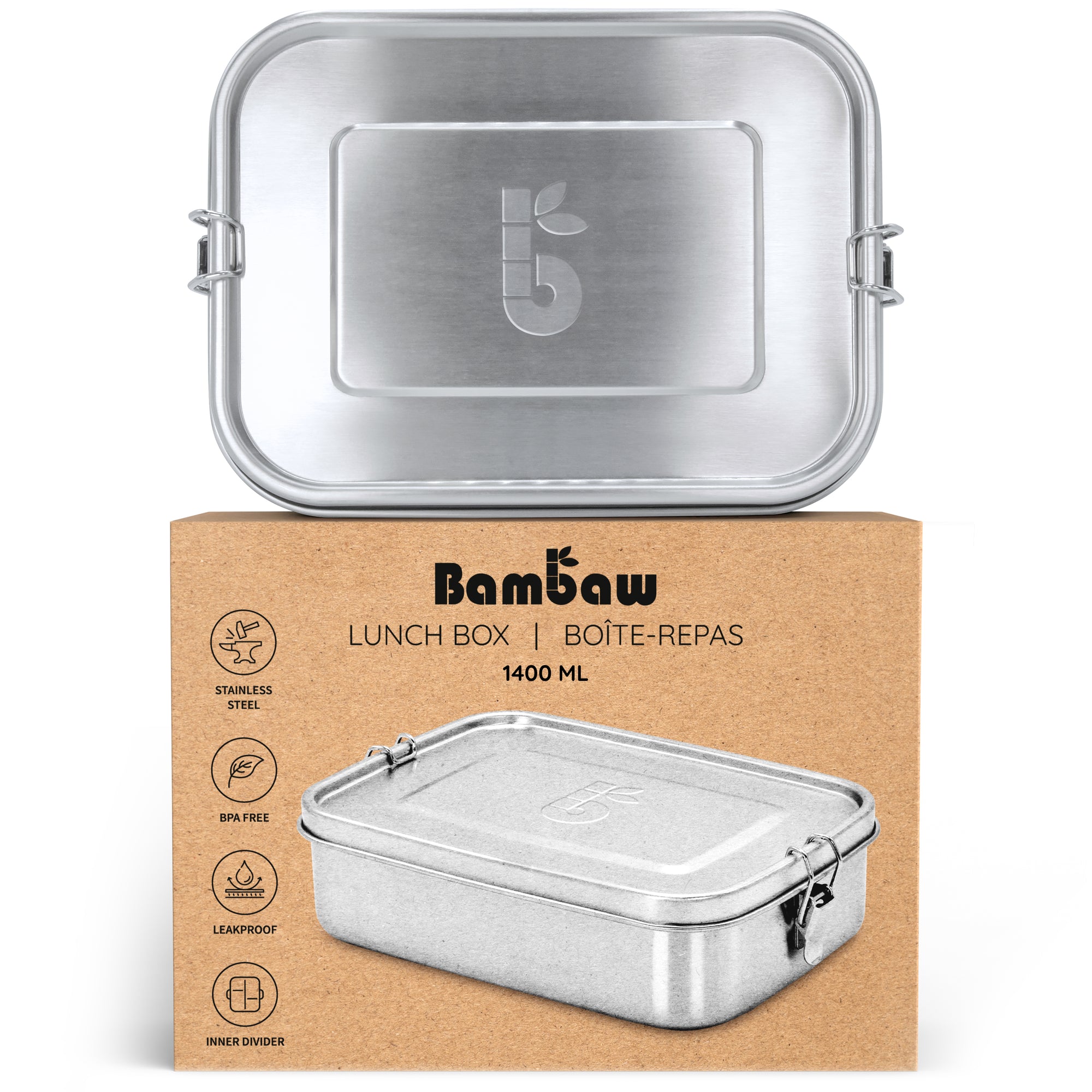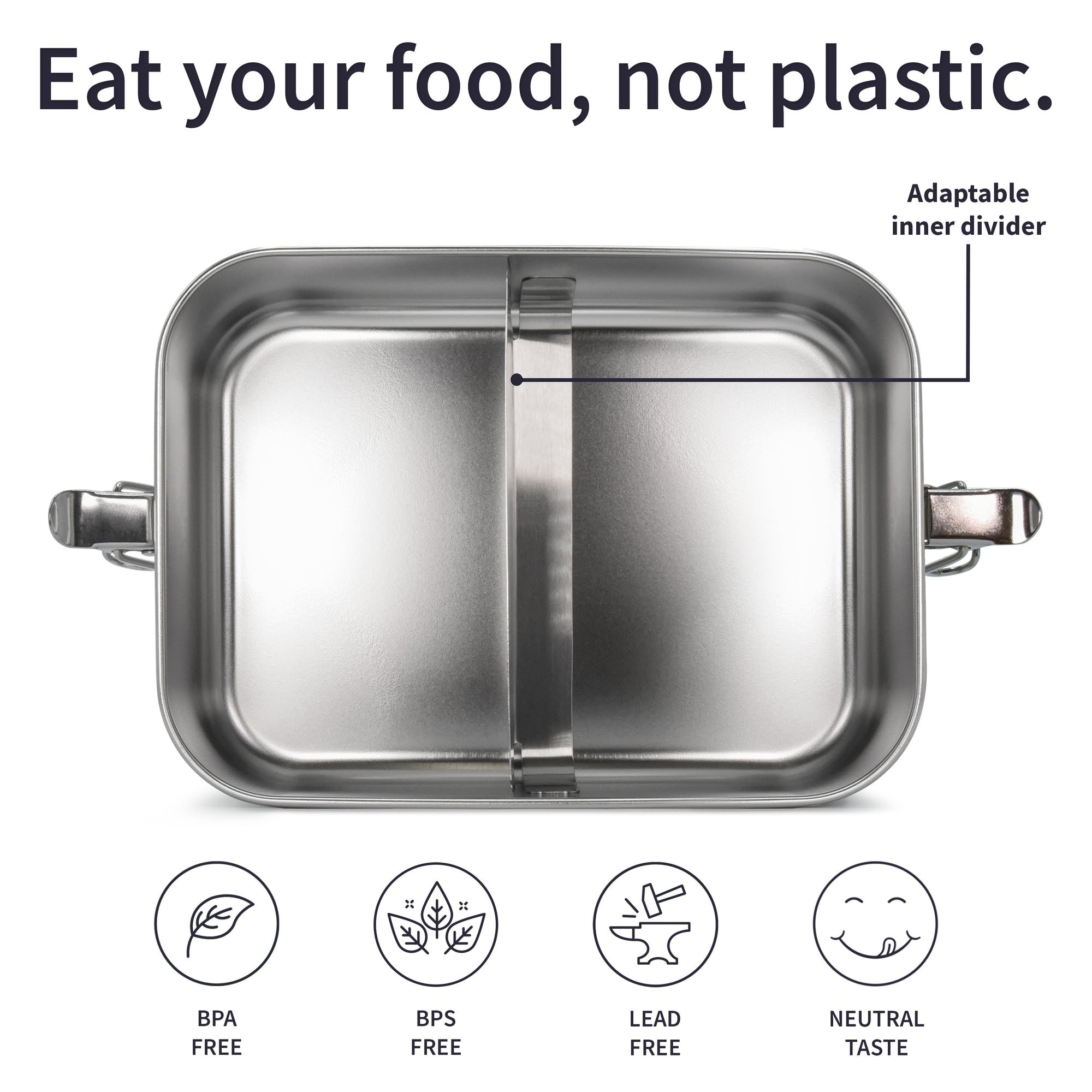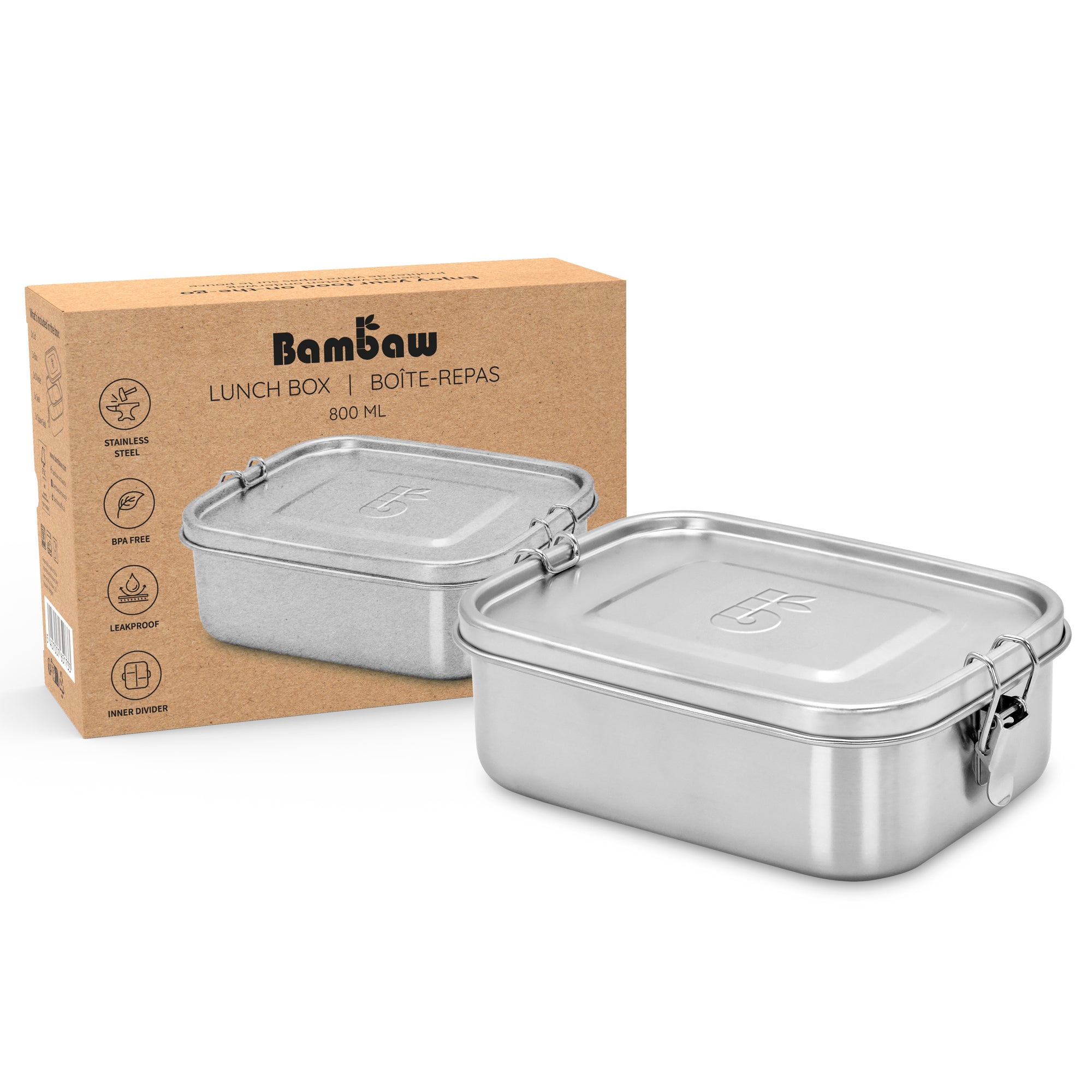Are you looking for tips to stop purchasing and using so many things around your house or at work?
From buying local to closing your internet browser, there are countless ways we can change our habits during our everyday life to ease our burden on the Earth's resources. Here are just 35 ideas for sustainable consumption habits you can integrate into your life, as the complete list is almost endless.
- Keep a refillable water bottle - handy when you're out. It will help you avoid buying single-use plastic water bottles when you need to stay hydrated. Check out options for reusable water bottles.
- When you go shopping, pay for things with cash. The money you hand over will feel more real than when you see a number on a credit card balance. And that will encourage you to think more carefully about the things you buy.
- Regrow vegetables from their stumps. There are loads of vegetables you can regrow from scraps, including potatoes, vegetables with bulbs (e.g. garlic, fennel) and root crops (e.g. carrots, beetroot). Simply place them in water on a bright windowsill until you notice roots. After a few days, plant them outside and nurture them until you have whole vegetables that come straight from your garden - talk about a low carbon footprint!

- Use beeswax wrap instead of cling film to store leftovers in the fridge. Often made from a piece of cotton coated in jojoba oil, rosin and beeswax, it's reusable and very durable.
- Buy reusable nappies rather than disposable ones. The UK alone sends 8 million disposable nappies into landfill every week. This is a simple switch to reduce consumption.
- Compost your organic waste (properly). Compost sequesters carbon from the air, whereas organic waste sent to landfill produces the harmful greenhouse gas methane.
- Tell friends and family you don't want material presents. Most of us don't like or use 100% of the gifts we're given for birthdays and Christmas. Instead, give your loved ones ideas for a day out, restaurant meal, digital gift or charity donation you'd prefer to receive.
- Take a reusable steel or bamboo straw everywhere with you. You can tell the bartender, "can I get my mojito without a straw, thanks". Reusable straws also provide a more practical and sustainable alternative to paper straws.

- When ordering takeaway pizza, ask them not to include the triangular plastic piece in the middle of the pizza. It's called a package saver and we still can't figure out the point of it.
- Keep your phone notifications off from retailers. When you turn off, block or unsubscribe from email notifications with special offers, you'll be less tempted to buy things you don't need.
- Commit to washing up after parties. Use your silverware, not disposable paper plates or plastic cutlery. There are also great alternatives to plastic out there, such as the bamboo cutlery set.
- Don't be lured in by special offers. If there's a buy-one-get-one-free offer on a product, but you know you're not really going to use that much food before its best before date, save the resource and money. Similarly, don't buy things just because they've been reduced. Decide whether you definitely have a place for them in your life.
- Buy local food. Instead of purchasing food shipped or flown from thousands of miles away, eat seasonally and enjoy the best that nature has to offer. Buy from your local farmer's market and you'll cut down on plastic packaging too.

- Bring your own container to restaurants. If you end up having leftovers you want to take home, hand the server your own lunchbox rather than them giving you a plastic container.
- Upcycle old furniture and clothing. There are countless ideas for new things you can make from your old and unwanted items on Pinterest. And it'll save you buying new things, using up more of the Earth's resources.
- Buy your music and books digitally. If you love the feel of the real thing too much, search for second-hand items, either online or in charity shops.
- Bring reusable bags when you go shopping. This sustainable tip is usually given when you go food shopping. But in reality, if you're wondering how to reduce plastic consumption further, take bags with you for every kind of shop you do.
- Drink from the tap whenever you can, rather than buying water. Although, even if the tap water is safe for you to drink, you may still want to invest in a filter to get rid of any chlorine, chemicals, pesticides and heavy metals from the water. You can put your water in a reusable water bottle to drink easily everywhere!

- Sort through your belongings. Reacquaint yourself with everything you own. Appreciate and find a new purpose in things you haven't touched for a while. It will help you to feel more satisfied and less likely to want to buy more.
- Save up your junk mail. Use it as packaging when you send things in boxes, or kindling for fires in the colder months.
- Don't be an emotionally-driven consumer. Essentially, you'll have an easier time stopping overconsumption if you don't go food shopping when you're hungry, and stay away from online shopping when you're drunk or feeling sad.
- Avoid buying purpose-built small containers. There's no need to buy matching sets of Tupperware. Sooner or later you'll buy everything you need to store food and odd bits when you go food shopping. For instance, when you buy a glass jar, keep and reuse it to store homemade or bulk-bought condiments.
- Have clothes and jewellery swaps with friends. With any luck, you'll find a new home for items you'd rather not own, and pick up something you treasure in return.

- Download a money app that will send you notifications when you spend over a certain amount. When you spend less, you usually consume less too. Here's a guide from Investopedia on the best budgeting apps.
- Don't line your bin with plastic bags. At least opt for paper bags or if you can bear it - nothing at all! Consumption doesn't get more sustainable than that.
- Wash with a natural bar of soap. It takes fewer resources to make than shower gel and doesn't come in a plastic bottle either.
- Make a list before you go shopping. If you commit to only buying what's on the list each time, you're less likely to make quick purchases that aren't the wisest use of your money.
- Share excess food with your friends and family. When you accidentally buy too many tomatoes and you're not getting through them quickly enough, pop round your mum's and she can cook with them too. This will save food from going to waste.

- Ask your barista to fill your reusable coffee cup. Some places even offer a discount if you do this. If you forget your cup and need to use a paper/plastic one from the coffee shop, at least request your beverage without the plastic lid.
- Create a capsule wardrobe. It should feature 30 items of quality clothing, and every piece should go with all of the others so you can create endless outfits. You can contentedly live with a good capsule wardrobe for years to come.
- Don't buy sports equipment straight away. When you first start a new hobby or sport, rent the required equipment for a while until you know you're committed to it and will keep going. Only then should you invest in your own gear, and see if you can get what you're looking for second-hand too.
- Be mindful of the layout of supermarkets. Notice how the essentials are at the back of the shop, past the tempting foods you didn't need? Or how they've placed snacks all along the checkout, just as you're getting hungry and bored in the queue? Don't play the retailers' game and end up with more in your basket than you're going to get through.

- Get reusable tumble dryer balls. If you tumble-dry clothes, these balls will stop you from going through plastic bottles of fabric softener. They're natural, and they'll also create space that allows the hot air to circulate more effectively through your clothes.
- Buy better clothing from sustainable brands. When you pay more for a garment but it's of higher quality, you'll have to replace it less often, so you'll produce less waste from your clothing.
You're also more likely to feel content with your clothing, even if you own fewer items. - Grow a garden in the Spring. Buying seeds is cheap and compost is inexpensive. You can potentially save a lot of plastic wrapping and transportation miles when compared to getting all of your food from the supermarket.
|

